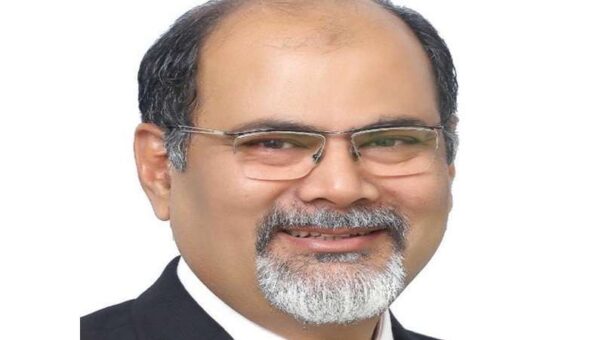Karachi, December 20, 2024 – Leading tax experts have expressed grave concerns over the proposed amendments to tax laws, warning that these measures could unintentionally drive a significant shift towards a cash-based economy.
The proposed amendments, outlined in the Tax Laws (Amendment) Bill, 2024, were tabled in Parliament on December 18, and include stringent actions against non-filers, such as restrictions on purchasing immovable property, vehicles, and operating bank accounts.
Critics argue that these amendments, while intended to tighten compliance, could undermine public trust and disrupt the banking system.

Ali A. Rahim, President of the Karachi Tax Bar Association (KTBA), termed the measures “harsh” and predicted that they would deepen the trust deficit between the public and the Federal Board of Revenue (FBR). Rahim highlighted that such measures, especially those targeting the banking sector at the year-end, could trigger massive cash withdrawals, undermining financial stability.
Rahim also emphasized the broader implications of these restrictions, noting that barring non-filers from purchasing assets or conducting transactions could exacerbate financial exclusion and encourage informal economic activities.

Syed Rehan Hasan Jafri, a former KTBA president, echoed these sentiments, asserting that the proposed measures would inadvertently promote the cash economy. “Before the amendments are enacted, individuals will likely withdraw substantial amounts from banks to avoid potential restrictions,” Jafri said. He further criticized the FBR’s punitive approach, arguing that enhancing the Broadening of Tax Base (BTB) initiatives would be a more effective and equitable strategy.
Jafri cited the example of long-term tax filers who might face punitive actions for missing a single year’s filing, describing such enforcement as “unjust and counterproductive.”

In contrast, Syed Zafar Ahmed, immediate past president of KTBA, expressed cautious support for the amendments but questioned the FBR’s capacity to implement them effectively. Ahmed criticized the timing and lack of clarity surrounding the proposals, stating that the measures should have been introduced decades ago.
“In an era of digital records and data mining, where the FBR already possesses extensive transaction data, these laws appear redundant,” Ahmed remarked. He accused the authorities of creating unnecessary confusion instead of leveraging existing data to enhance compliance.
As debate intensifies, stakeholders urge the government to reconsider its approach, emphasizing collaboration and transparency to rebuild public trust and achieve sustainable tax reforms.
